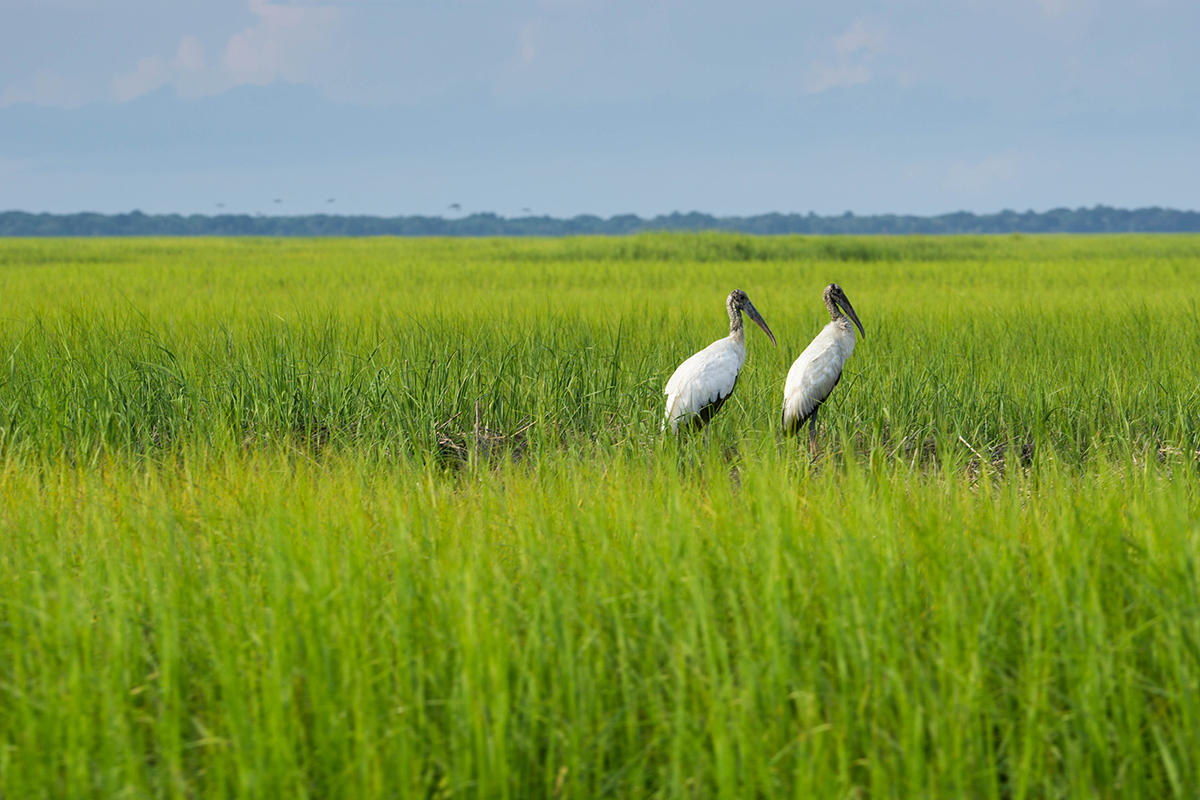Wildlife and Habitat Conservation
White Tract Stormwater
In the spring of 2022, the Charleston County Planning Commission approved a 204-house residential subdivision on a parcel known as the White Tract, which is adjacent to Bulls Bay and within the congressionally authorized boundaries of Cape Romain. This proposed project is particularly concerning because of the long-term consequences of environmental impacts unique to this area. SCELP is challenging a stormwater permit and Coastal Zone Consistency Certification on behalf of Friends of Coastal South Carolina.
Support Our Work



